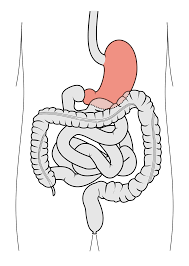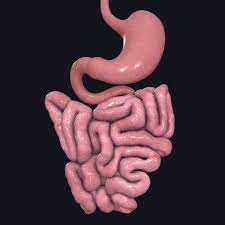Ice Bath
- Sep 20, 2022
- 2 min read
After a long laborious game or training session athletes are often seen dunking themselves into
ice packs. Ice baths or tubs filled with ice and very cold water that athletes submerge themselves
in to aid in recovery. Despite seeming useless or arbitrary Ice baths are great for recovery after
strenuous exercise and it’s something that many people should look to incorporate into the
recovery process.

Taking a cold ice bath might sound painful and dreadful to some but research has shown that it
may be one of the easiest and quickest ways to help soothe muscle pain and tightness after a
workout. Ice bats are a form of cryotherapy and often require you to be submerged in this ice
cold water for anywhere between 10 and 15 minutes. Ice baths work in many ways to help aid in
recovery. Primarily ice baths reduce inflammation. When sitting in ice cold water as you do in an
ice bath blood vessels in the body constrict. Once one leaves the ice bath their blood vessels
dilate which helps circulate blood. This process has been shown to help get rid of metabolic
waste that is formed after a workout. This effect is especially prominent with lymph. Lymph is a
clear fluid made up of white blood cells which is plentiful in the body especially after a workout.
Lymph nodes where lymph is stored don’t have a pump to circulate throughout the body so
oftentimes their waist builds up after exercise sessions. The forced and manual constriction and
dilation that ice baths cause allows the lymph fluid to move throughout the body. This increased
blood flow also helps deliver more oxygen and nutrients to one’s cells helping their body to
recover. A 2018 analysis of 99 studies showed that of all holistic recovery methods including
therapies massage and ice baths and found that ice baths were the best at lowering information. It
also showed that ice pad reduced delayed onset muscle soreness perceived fatigue muscle damage and extended feelings of pain after a workout. This being said many dread the feeling of an ice bath and may look elsewhere for an alternative that has the same affects.
A new form of therapy that helps with recovery after workout is called contrast therapy. This is
an alternative to cryotherapy and recommends the switching in between ice baths and warm
water. Research indicates that it’s just as effective as ice baths for temporary pain relief and helps
avoid a lot of the freezing sensation one feels after being submerged in an ice bath for an
extended period of time.




Comments